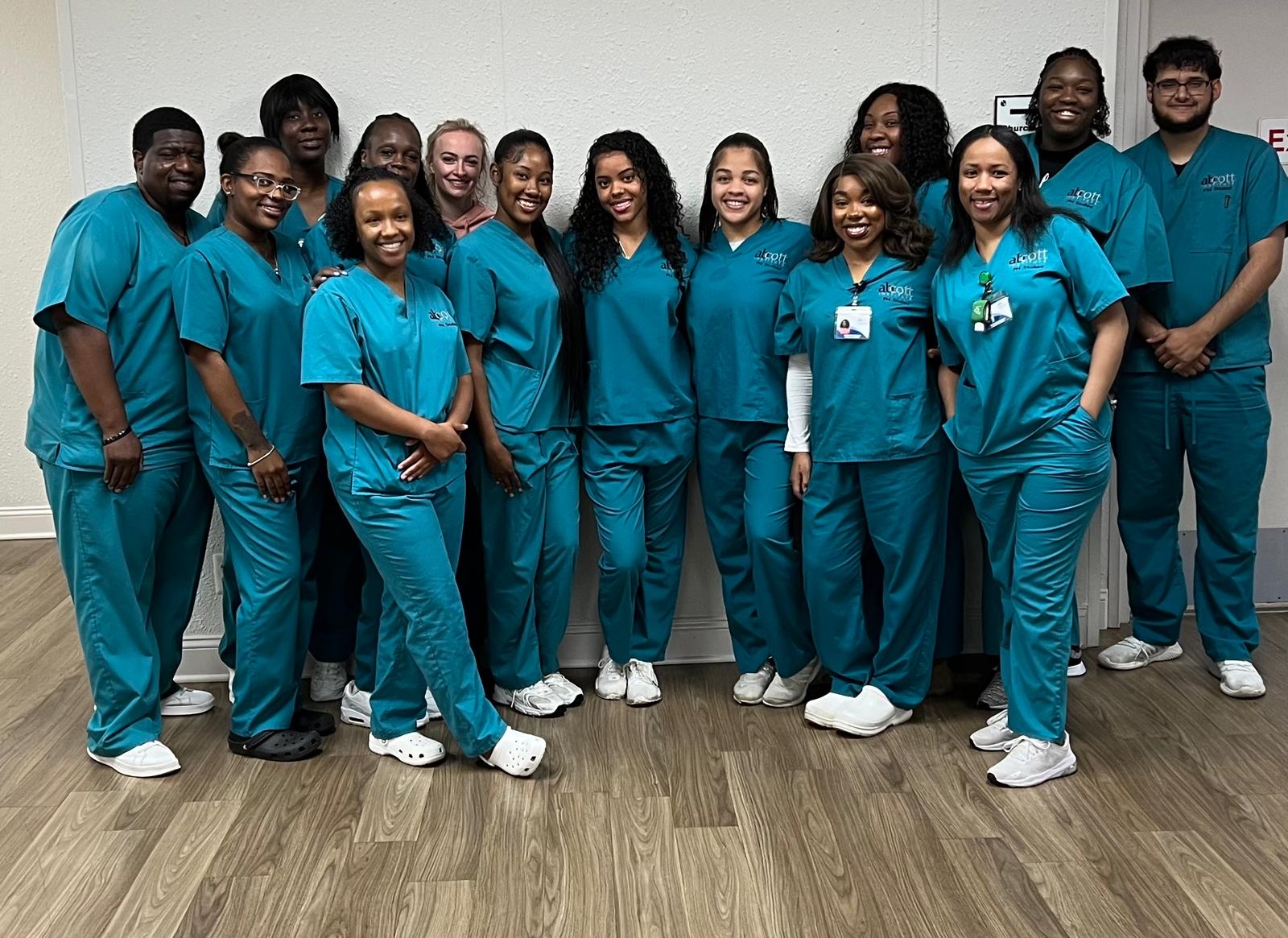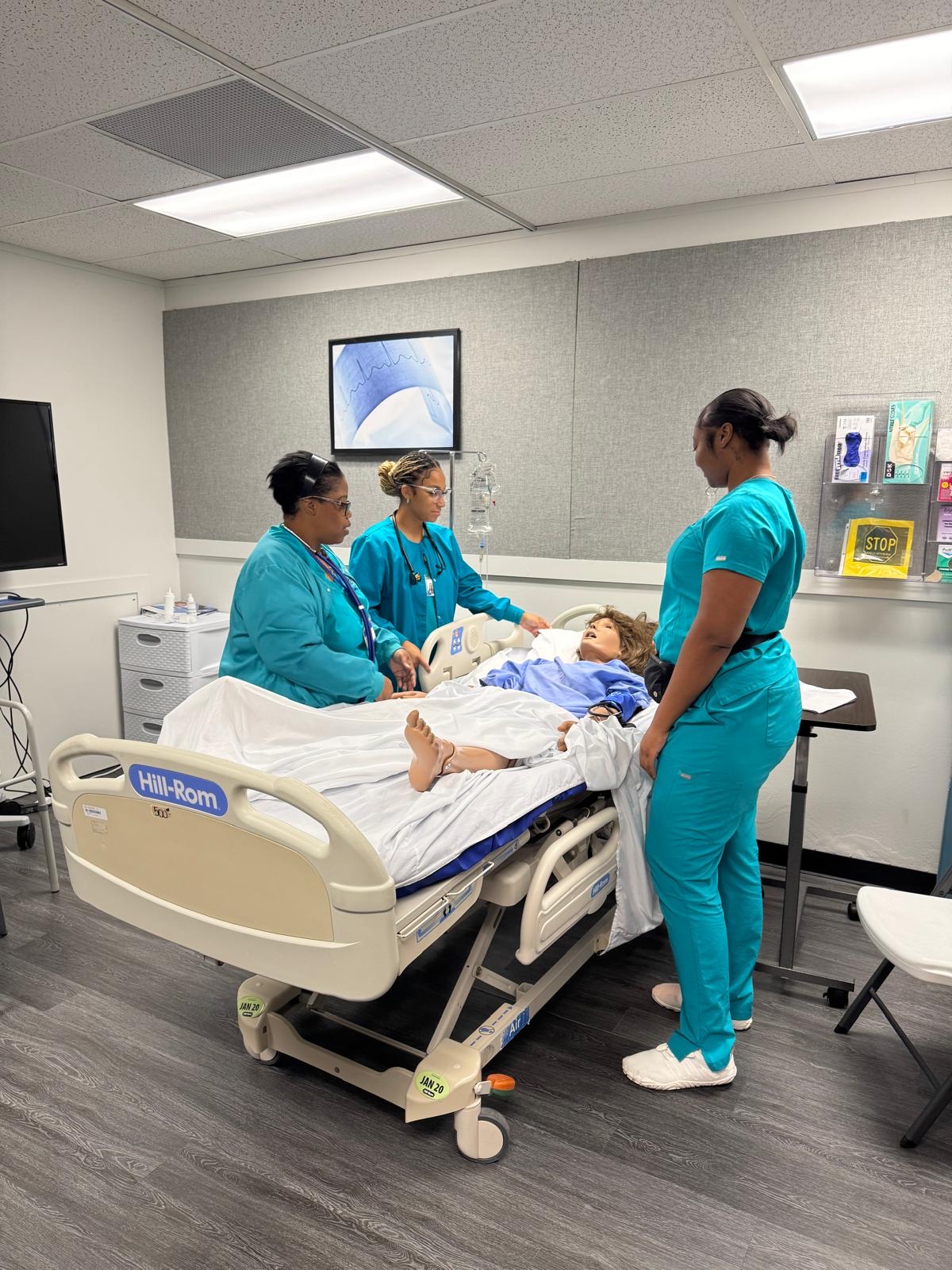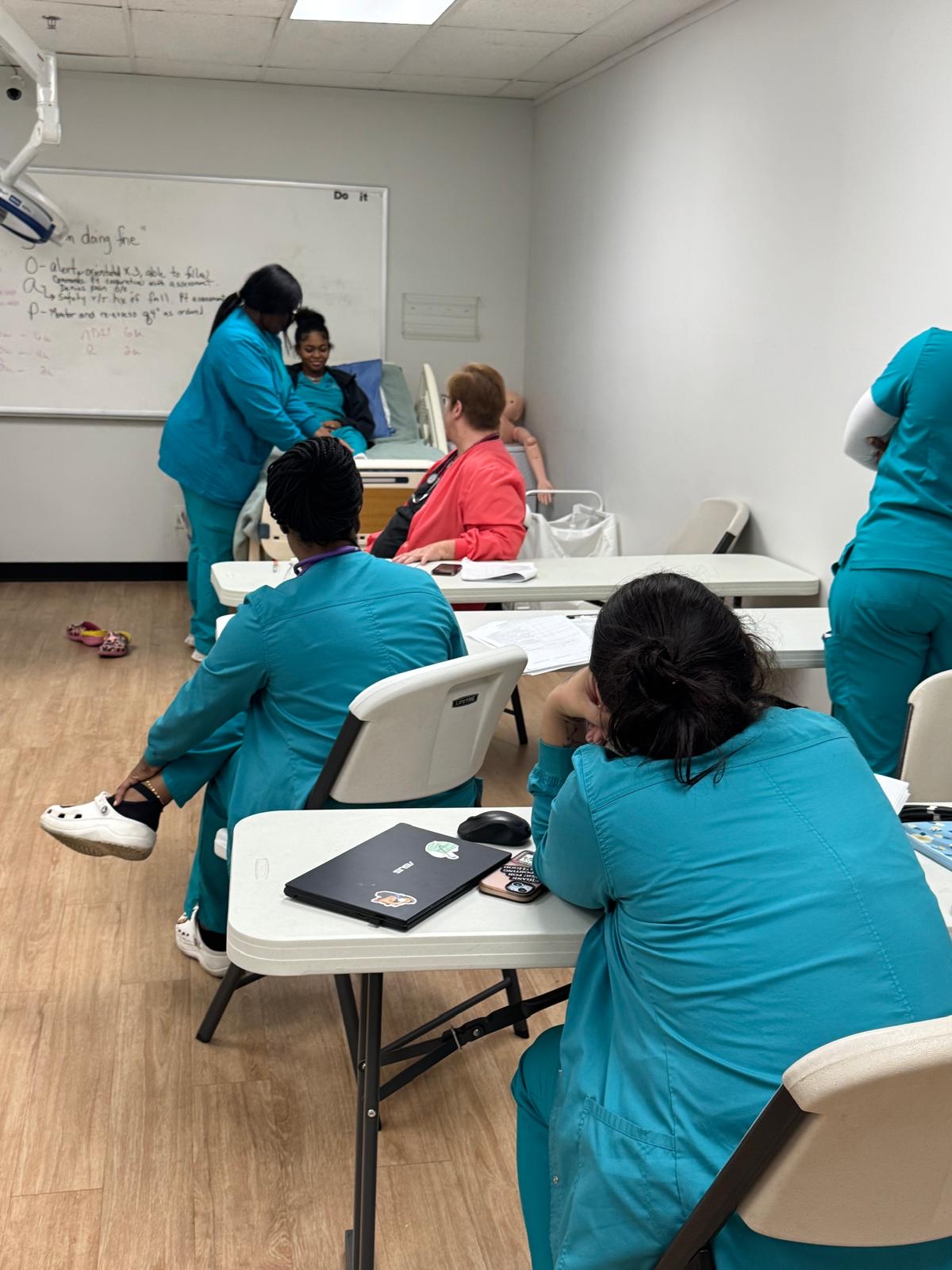Collaborate with the registered nurse or other members of the licensed healthcare professional team to organize and
incorporate assessment data to plan/revise patient care and actions based on established nursing
diagnoses, nursing protocols, and assessment and evaluation data.
Demonstrate a caring and empathic approach to the safe, therapeutic, and individualized care of
each
client regardless of race, color, national or ethnic origin, creed, religion, political
affiliation or
belief, gender, age, veteran status, sexual orientation, and ability.
Implement patient care, at the direction of a registered nurse, licensed physician, or dentist
through
the performance of nursing interventions or directing aspects of care, as appropriate, to
unlicensed
assistive personnel (UAP).





